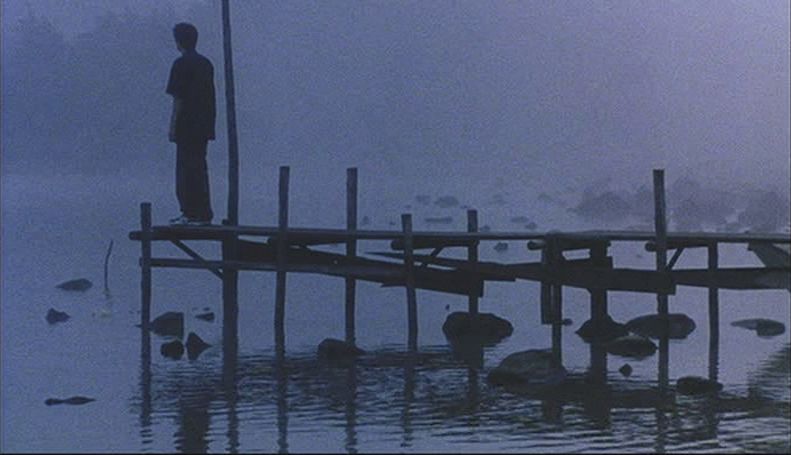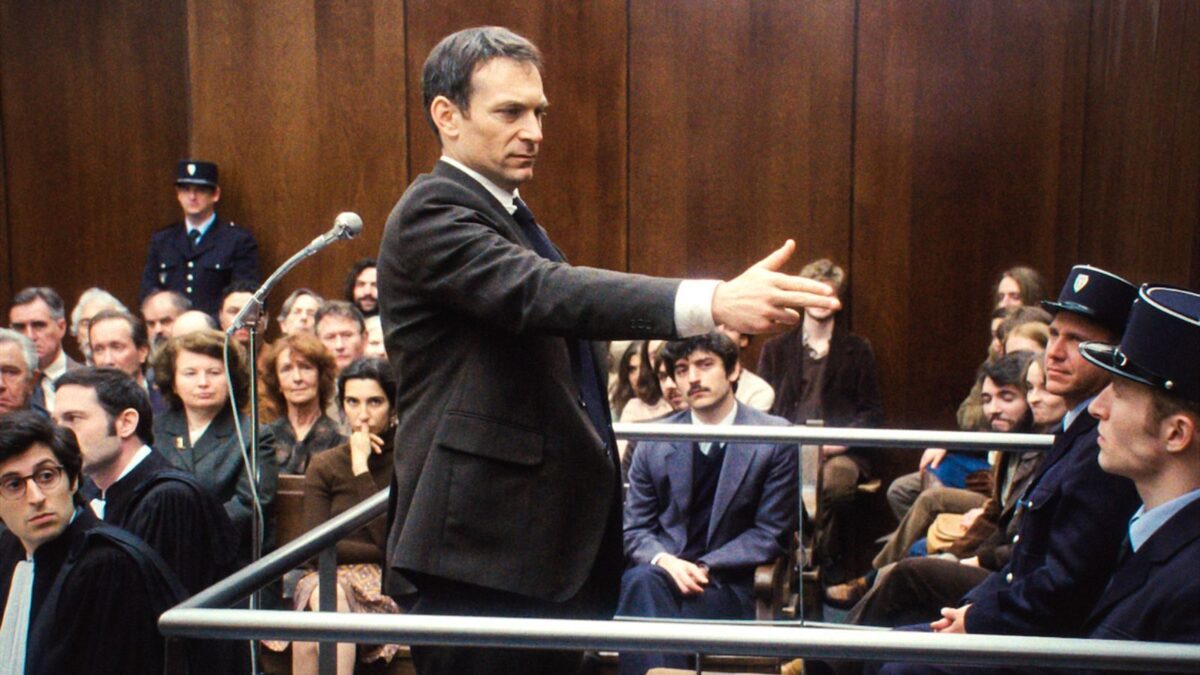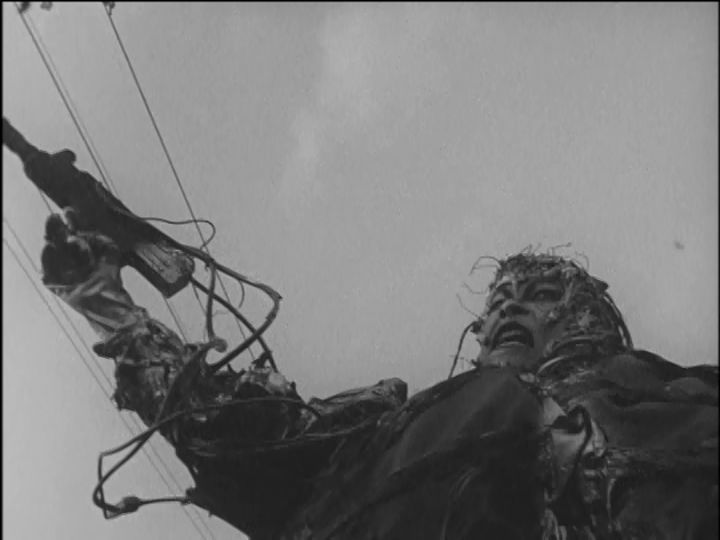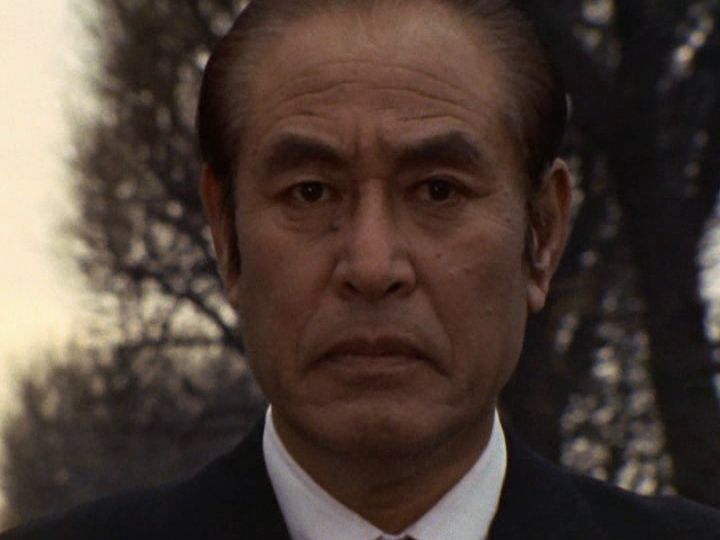Hirokazu Kore-Eda’s Distance (Disutansu, Japan, 2001) is a film about memories and farewells: the farewells of people spending their last moments together and about the ultimate farewell – to the dead. The film’s story is closely related to an event that still continues to haunt Japanese society – the gas attack on Tokyo’s subway in […]








